Introduction to Chess and ADHD
Attention-Deficit/Hyperactivity Disorder (ADHD) is a mental health disorder that includes symptoms such as inattentiveness, hyperactivity, and impulsiveness. Chess, a strategic and ancient game, might not seem like an obvious beneficial activity for those who struggle with ADHD. However, emerging research and anecdotal evidence suggest that playing chess can offer numerous benefits for individuals with ADHD in terms of enhancing concentration, boosting cognitive skills, and promoting emotional regulation.
Cognitive Benefits of Chess for ADHD
Enhancing Concentration and Focus
One of the key challenges for individuals with ADHD is maintaining concentration and focus on tasks at hand. Chess requires players to remain engaged and think critically about each move, which can help in training attention span and concentration. The structured nature of chess, with its clear set of rules and objectives, provides a focused environment that may help individuals with ADHD engage deeply with the task.
Improving Planning and Strategic Thinking
Chess demands foresight and strategic planning. Players must think several moves ahead to succeed, which can be particularly beneficial for individuals with ADHD, as they often struggle with planning and organization in their daily lives. Regularly engaging in chess can translate into better planning abilities outside the game, helping individuals structure their tasks and manage time more efficiently.
Boosting Memory and Cognitive Flexibility
Playing chess involves remembering different strategies and the positions of pieces which can enhance memory. Moreover, dealing with the ever-changing dynamics of the game can improve cognitive flexibility—another area where individuals with ADHD might face challenges.
Social and Emotional Benefits of Chess for ADHD
Enhancing Social Skills
Chess is fundamentally a social game, typically played face-to-face or online with another individual. Engaging in regular games can help improve social interactions and build relationships, which are often areas of difficulty for those with ADHD. The shared interest in chess can foster a sense of community and belonging.
Improving Emotional Regulation
The competitive nature of chess requires players to manage both their emotions and the stress of playing, which can be incredibly beneficial. Learning to cope with losses and manage frustration or excitement during the game can help in emotional regulation, a significant area of need for many individuals with ADHD.
Educational Integration of Chess
Recognizing the benefits of chess, some educational institutions have started integrating chess programs into their curriculum, specifically aimed at students with ADHD. Such programs are designed not only to teach the game but also to extrapolate the lessons learned to academic and social settings. These structured programs provide a controlled environment where children can learn and practice new skills continuously.
Considerations and Tips for Playing Chess with ADHD
Creating a Conducive Environment
Ensuring that the environment is conducive for playing chess is essential. This can involve minimizing distractions in the room, having a clear and organized space to play, and setting specific times for playing to build a routine.
Adaptive Learning Approaches
Each individual with ADHD is unique, and modifications might be necessary to accommodate their specific needs. For instance, starting with shorter sessions and gradually increasing their length can help build endurance and attention span over time.
Conclusion
Chess can serve as a powerful tool in managing and possibly alleviating some symptoms of ADHD. It offers a unique blend of cognitive, emotional, and social benefits that can help individuals with ADHD develop key life skills. With the right approach and settings, incorporating chess into the routine of individuals with ADHD could be a game-changer in more ways than one.
Explore our large collection of luxurious chess sets!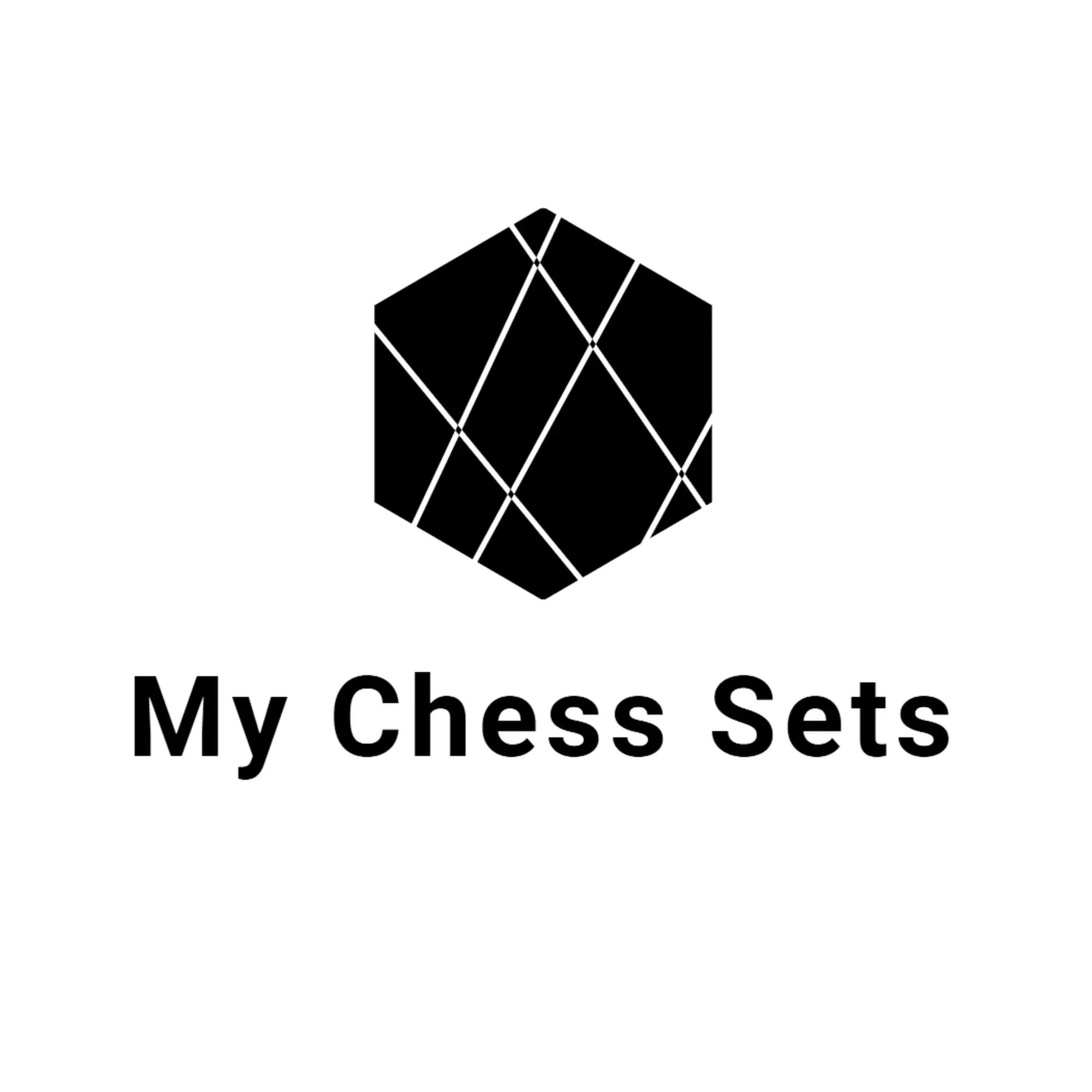



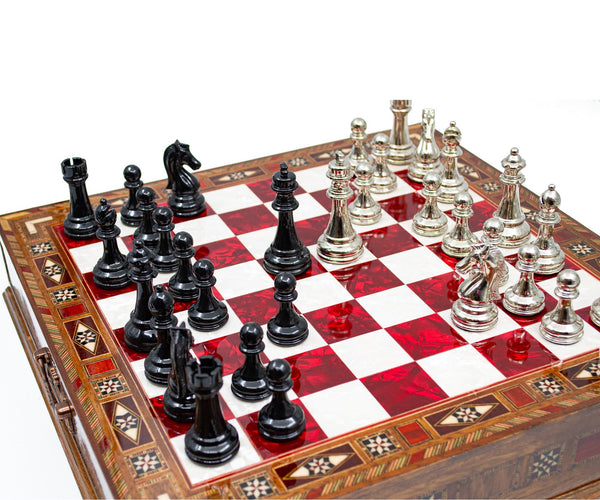
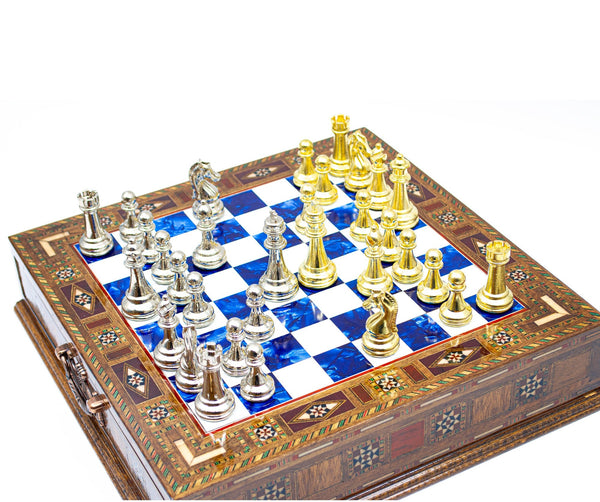
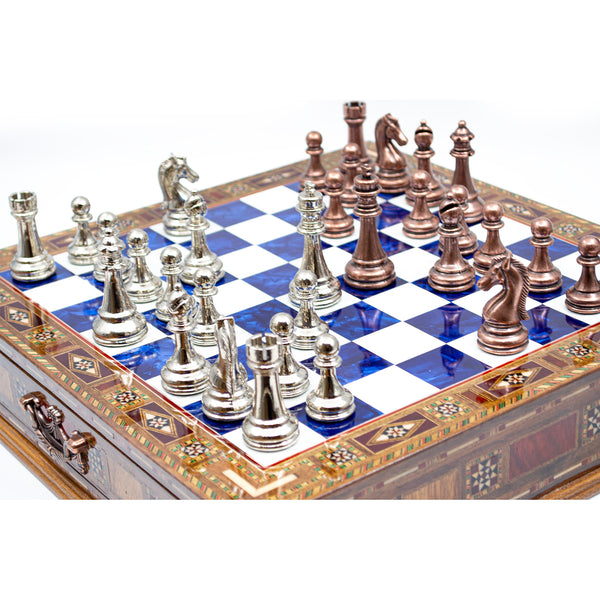
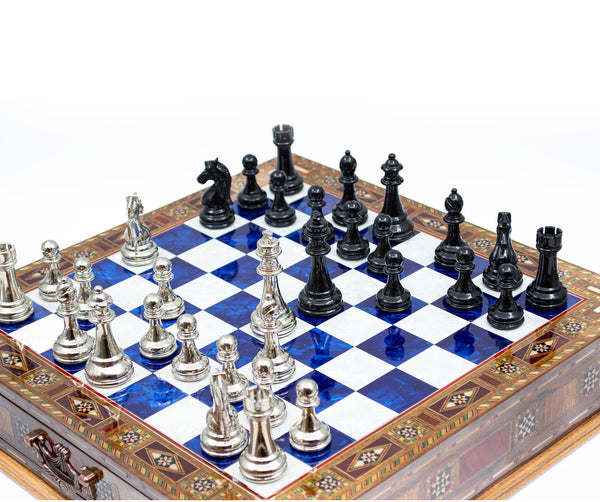
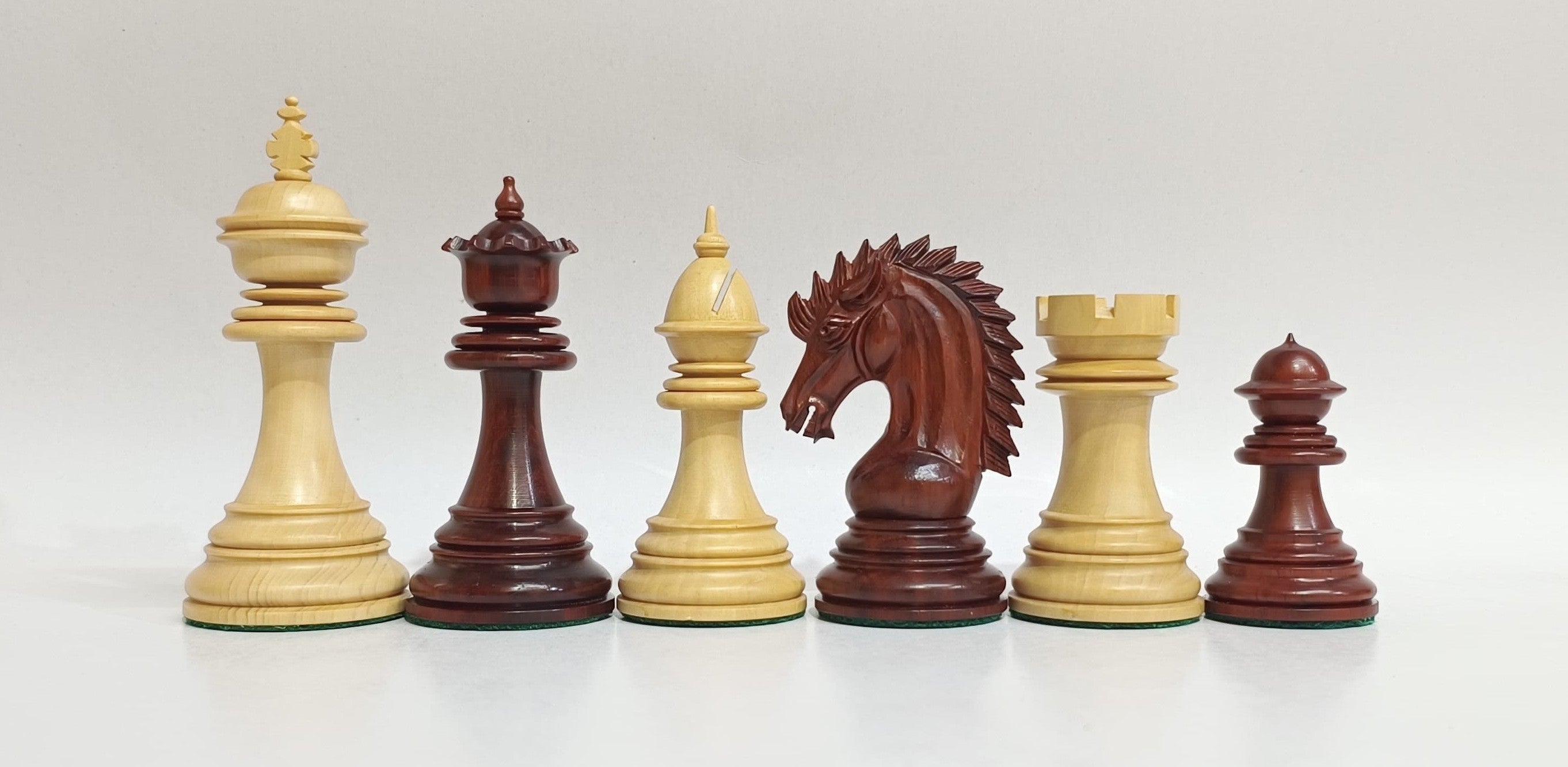
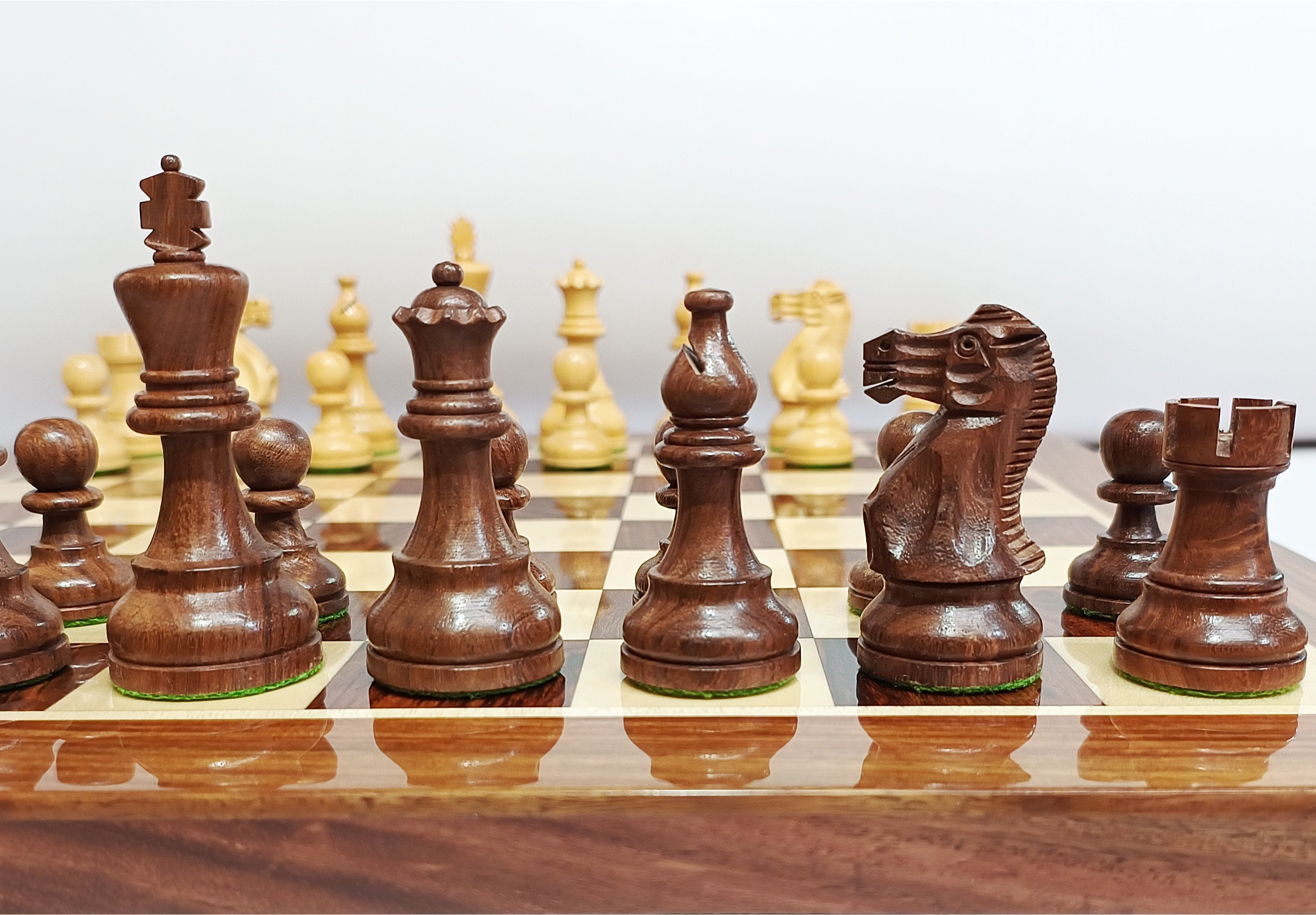

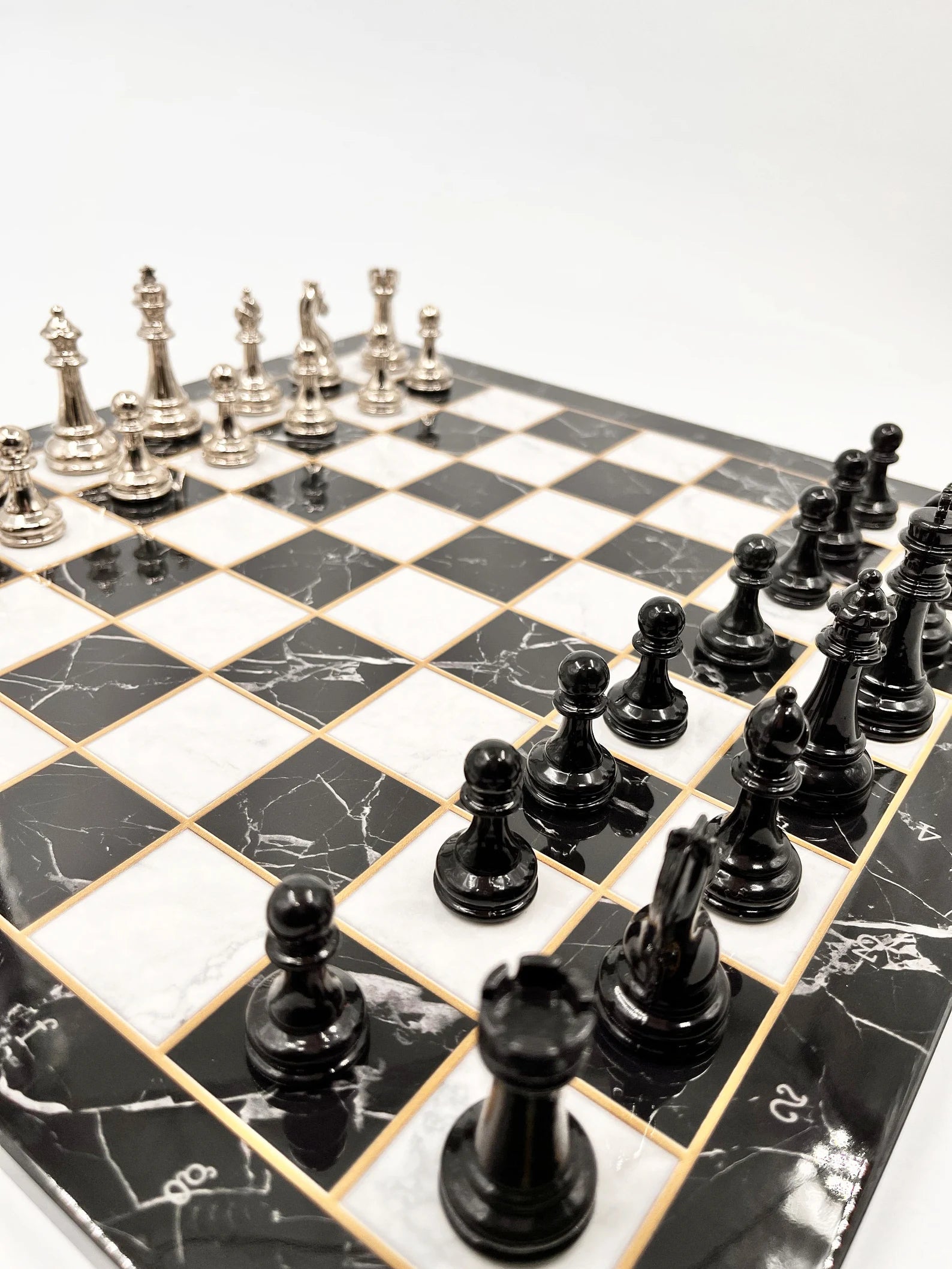
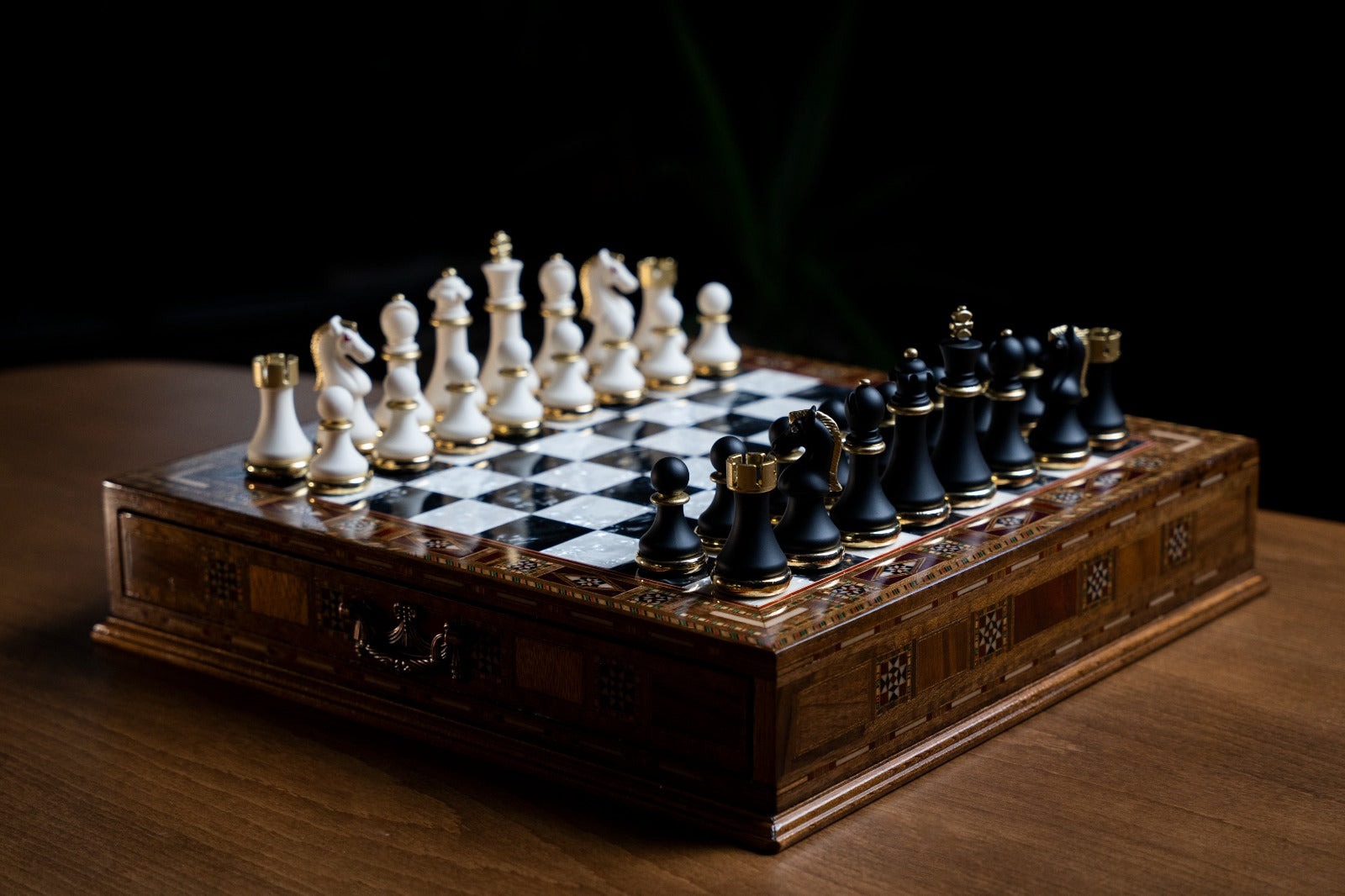

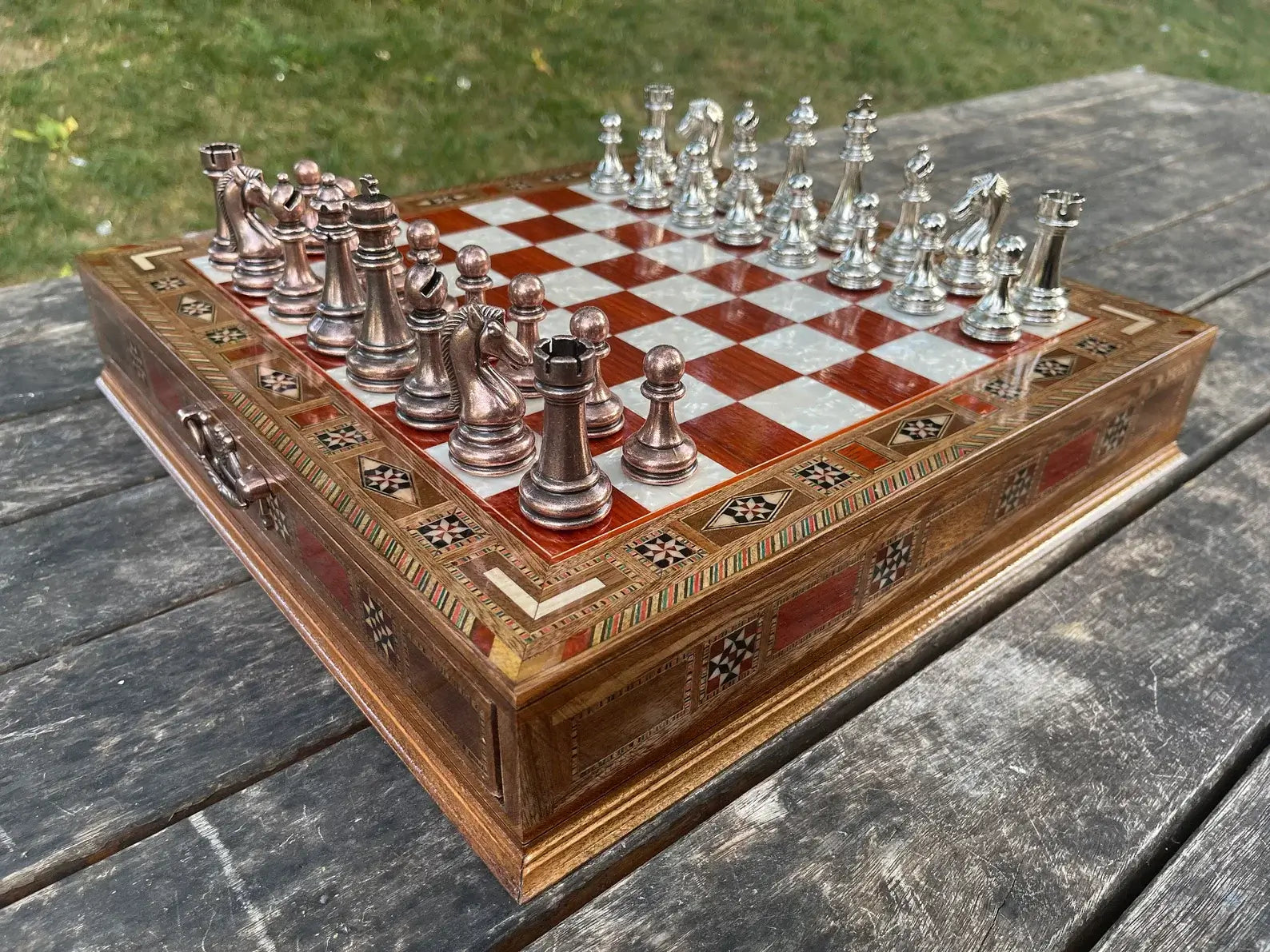
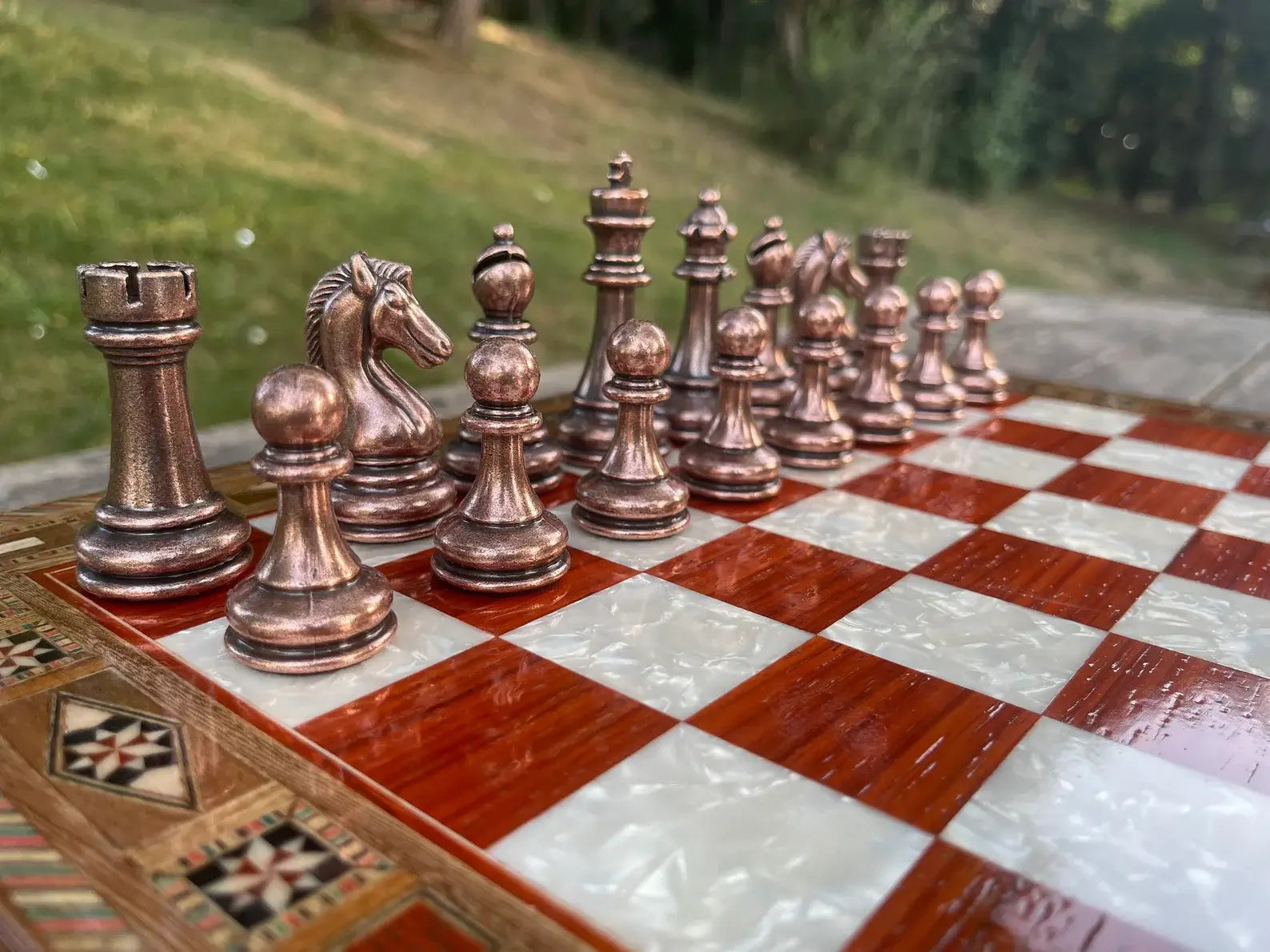
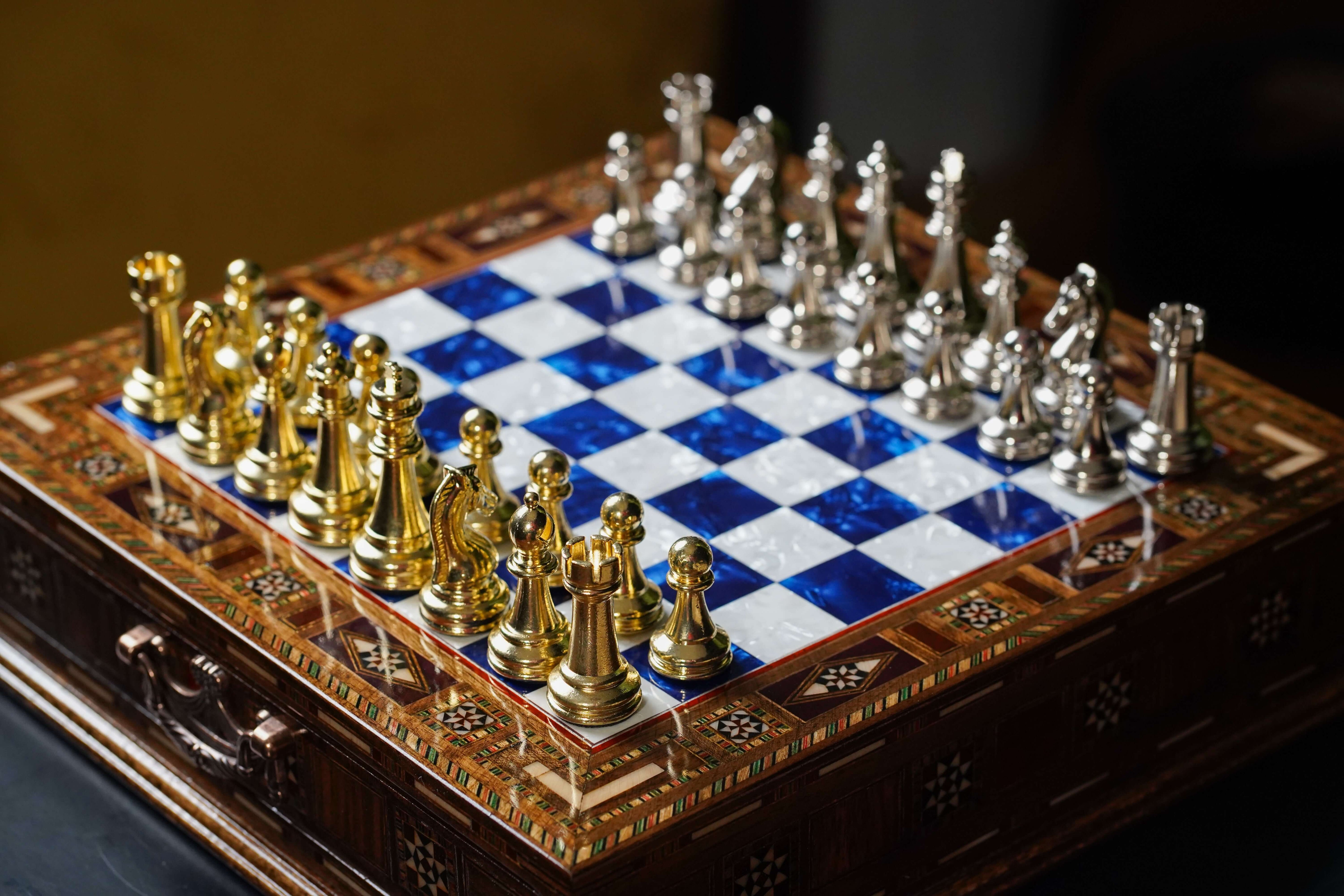
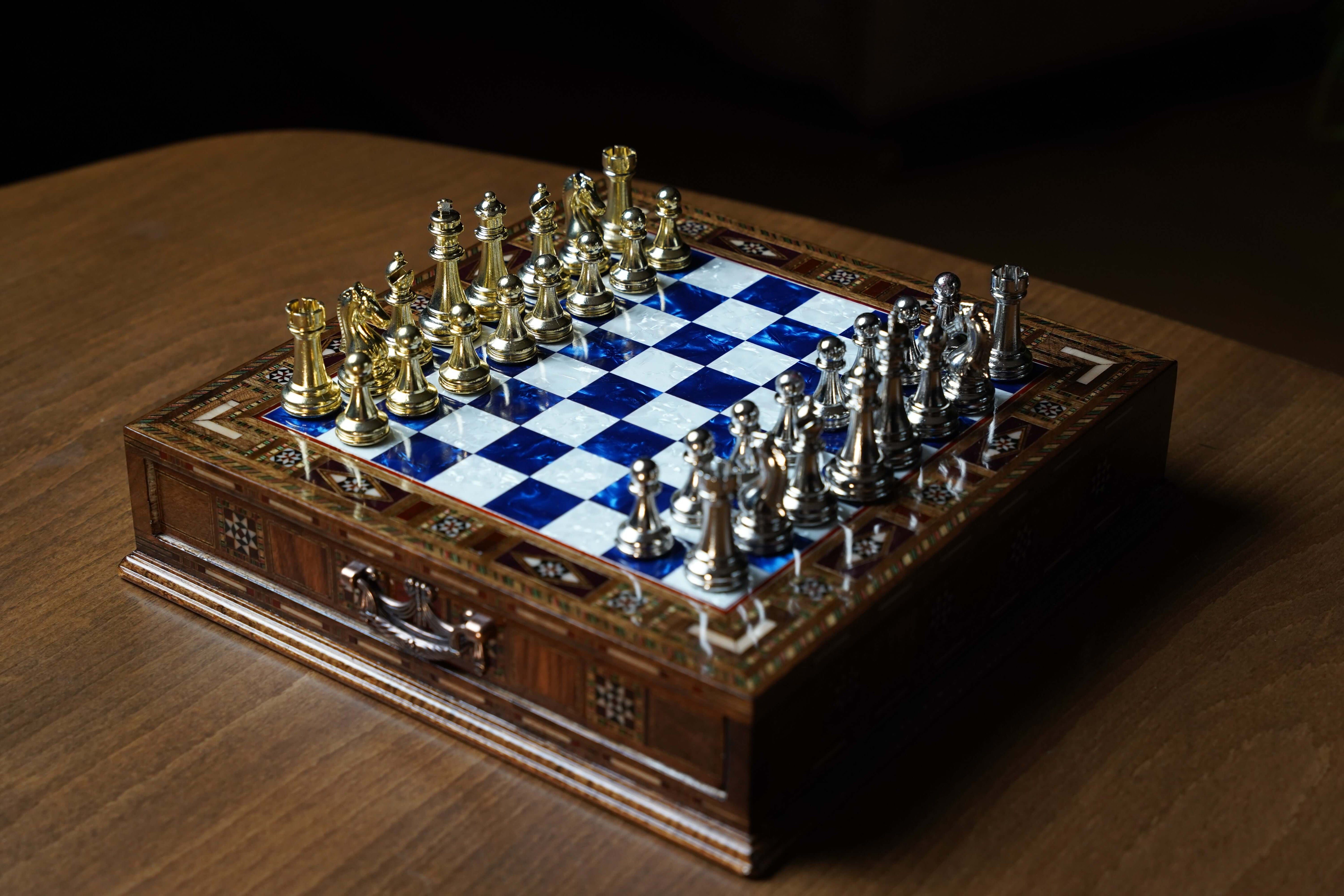


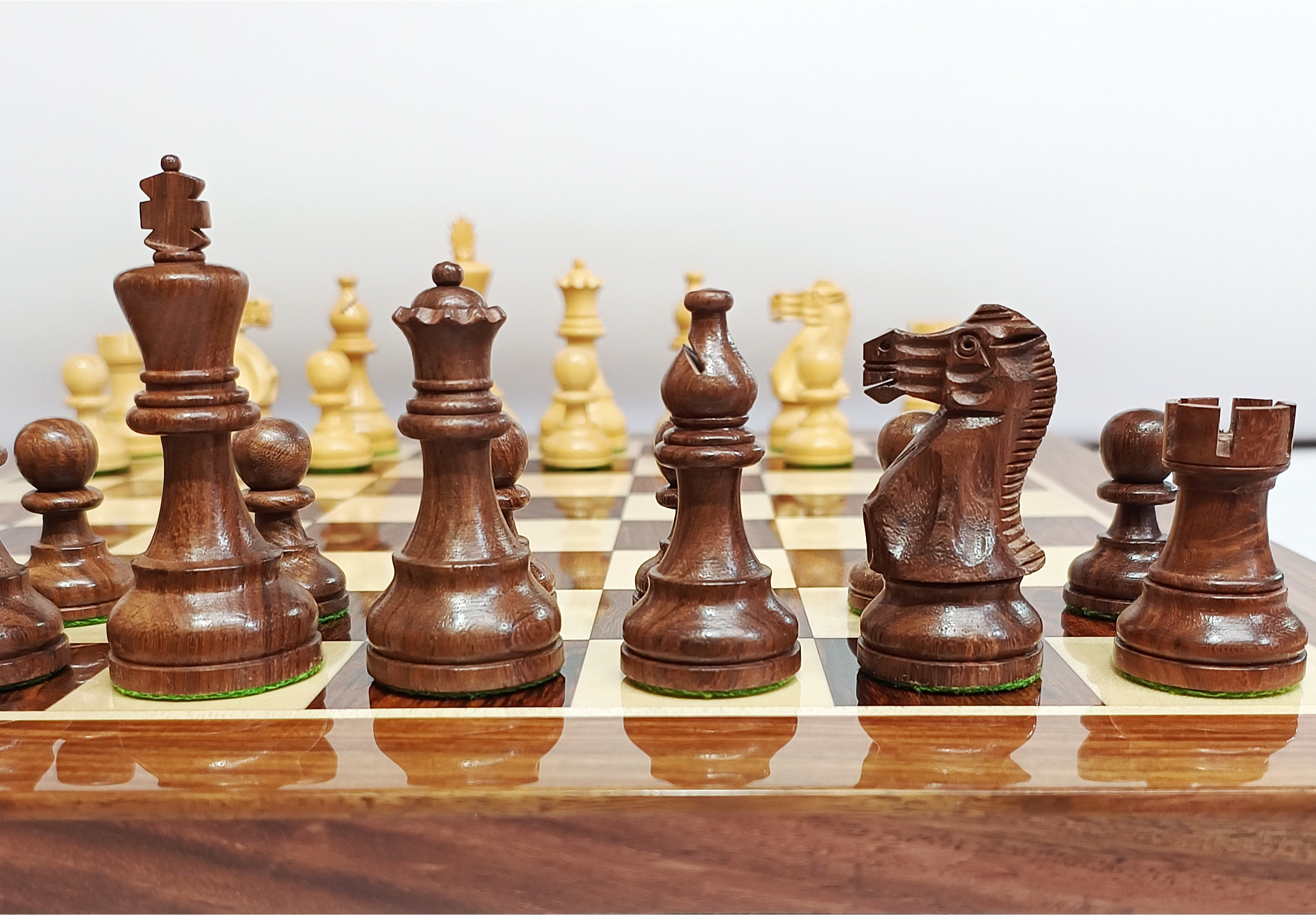
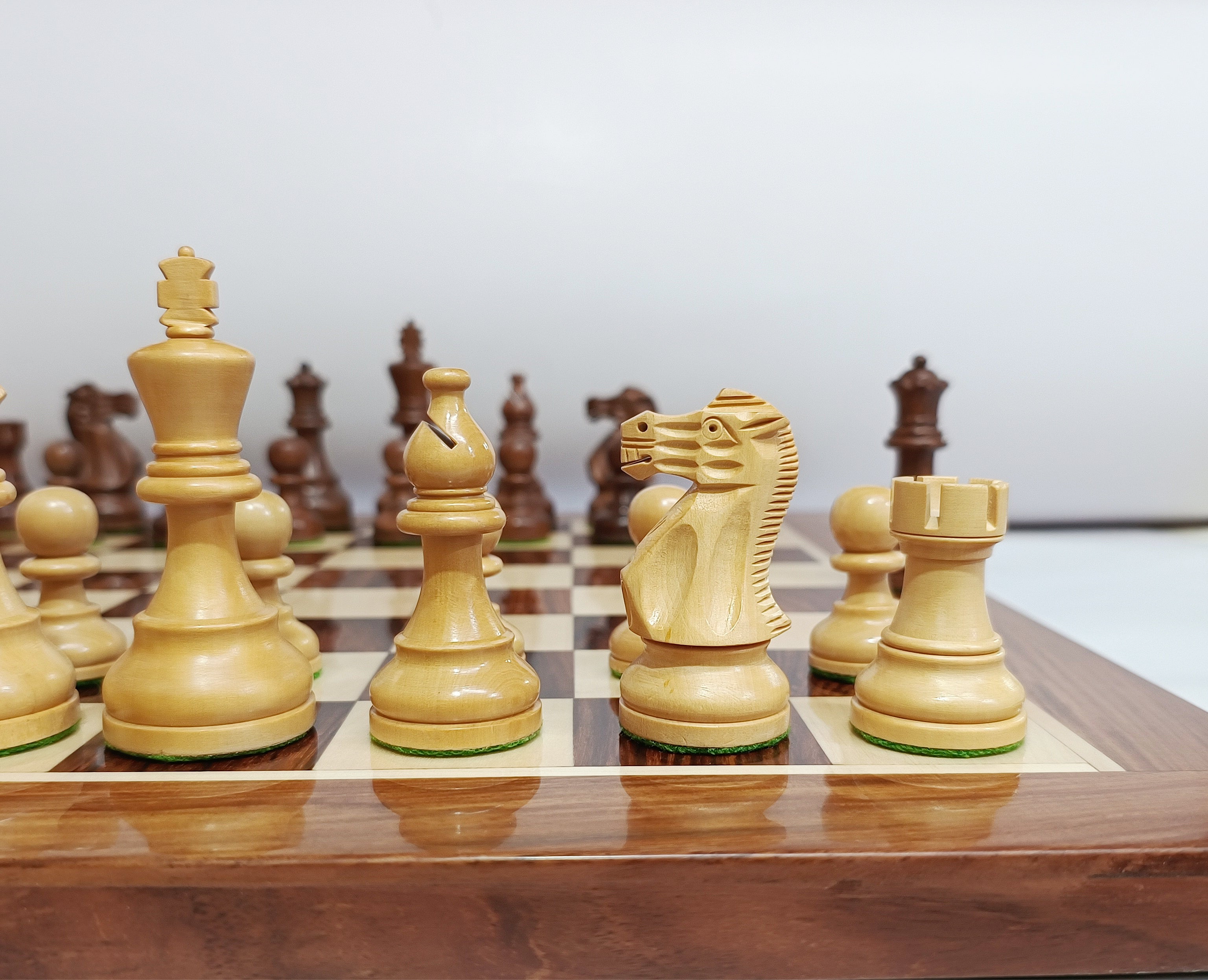
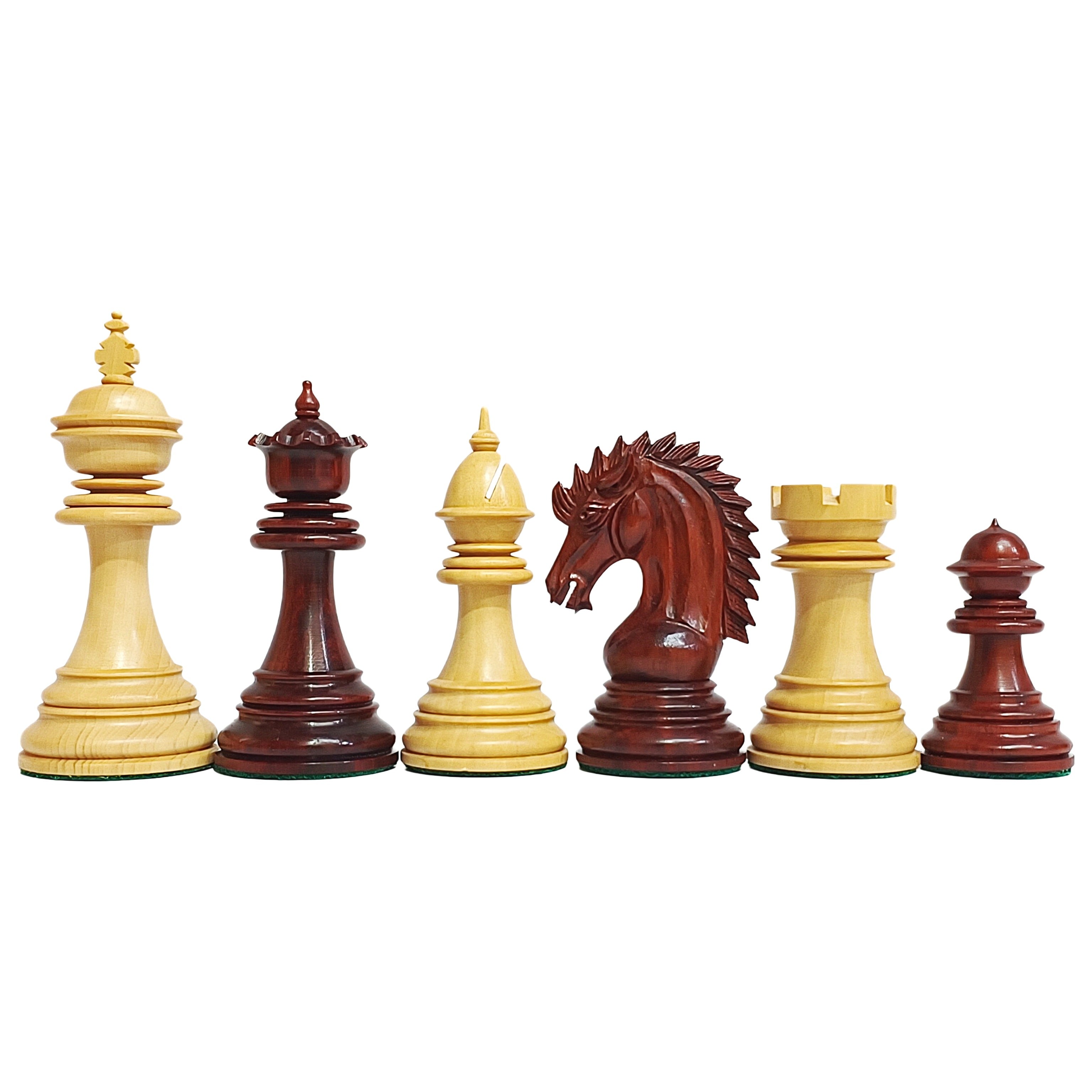
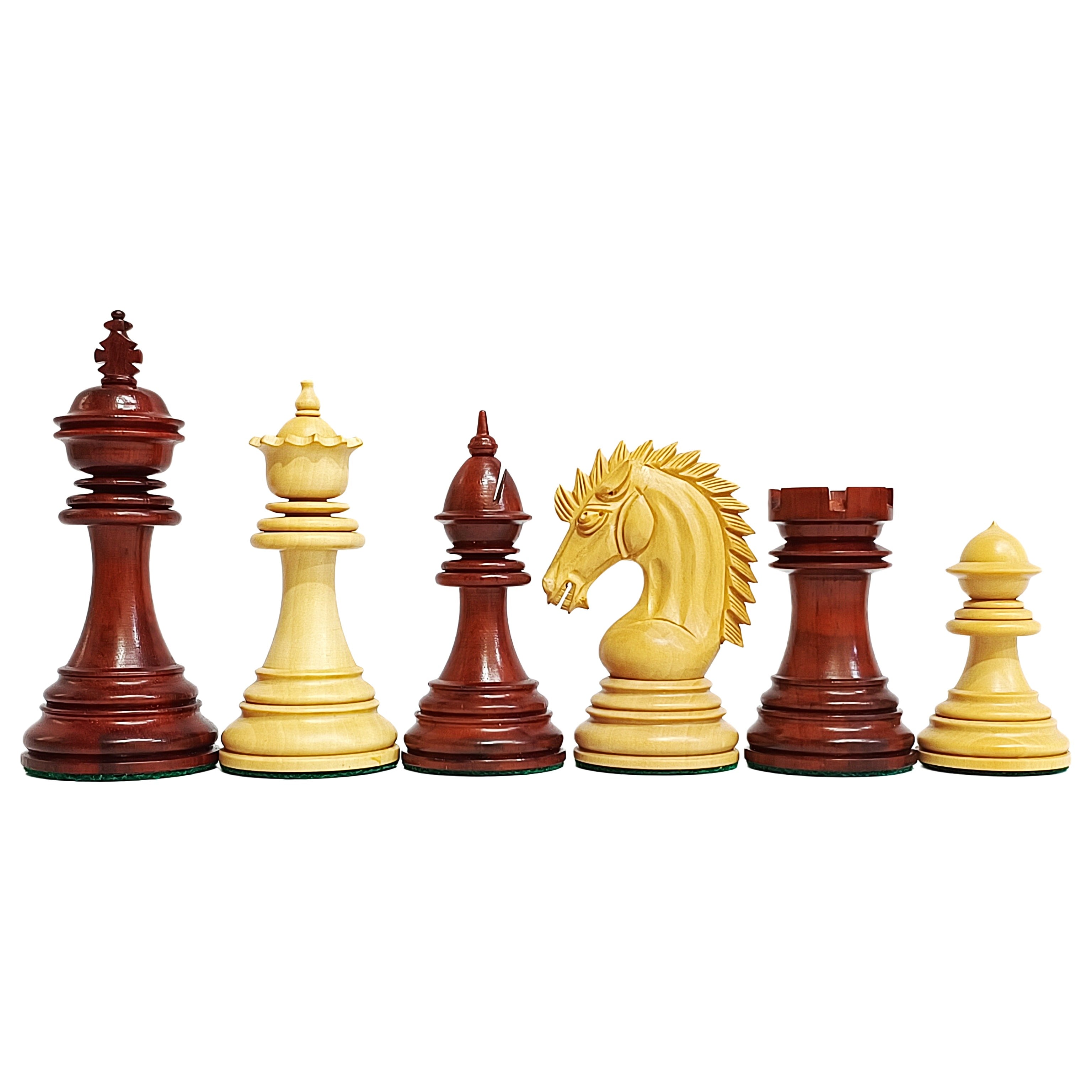

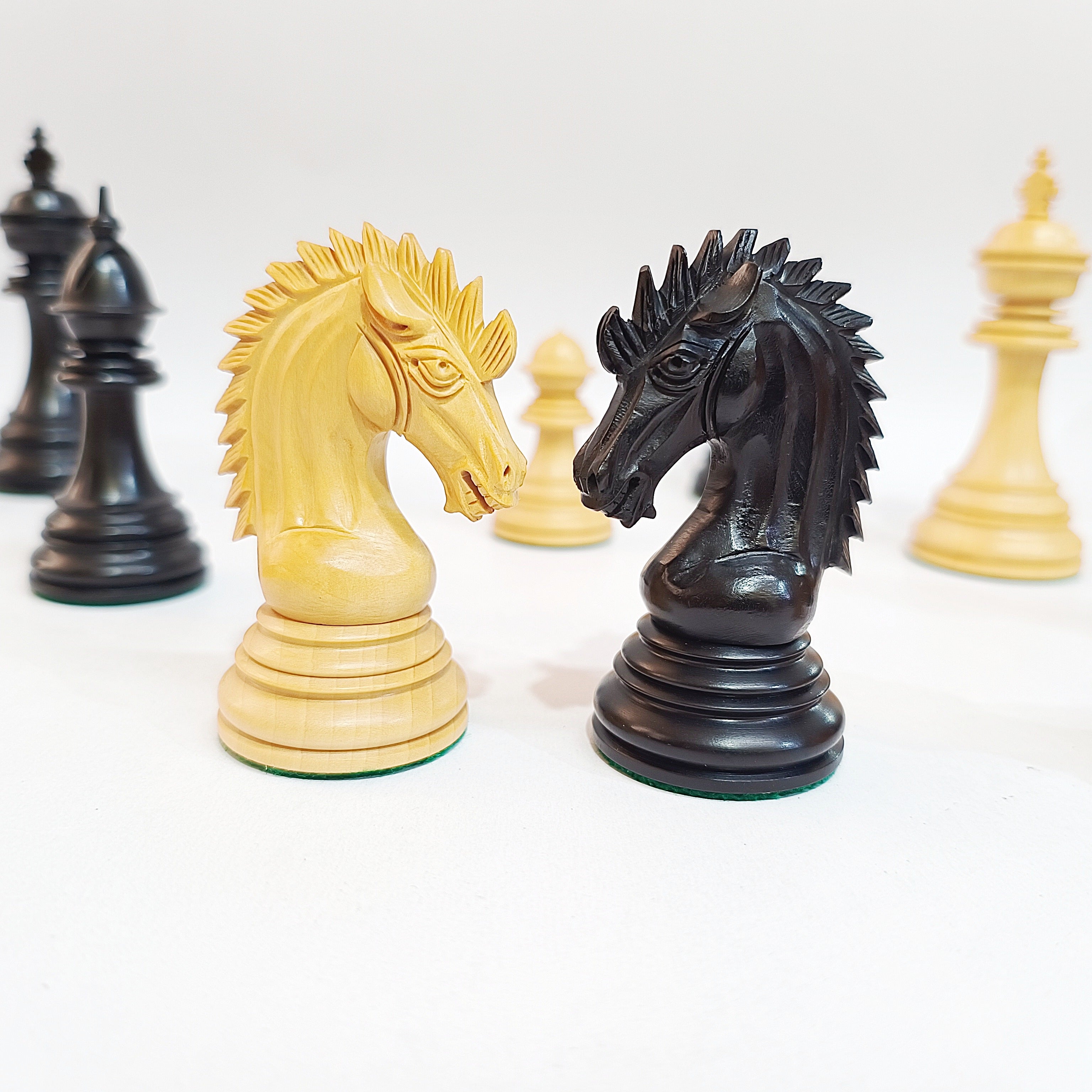
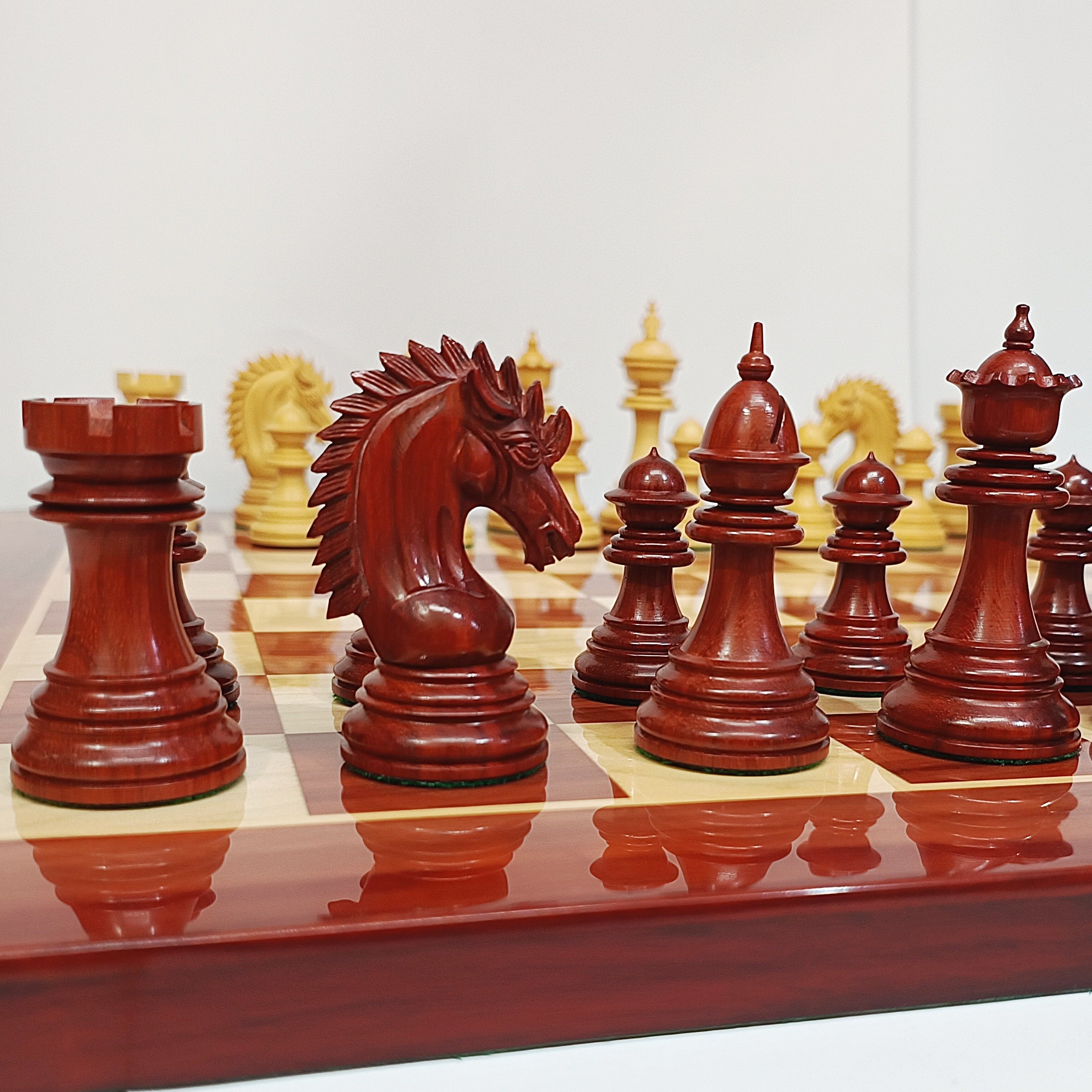
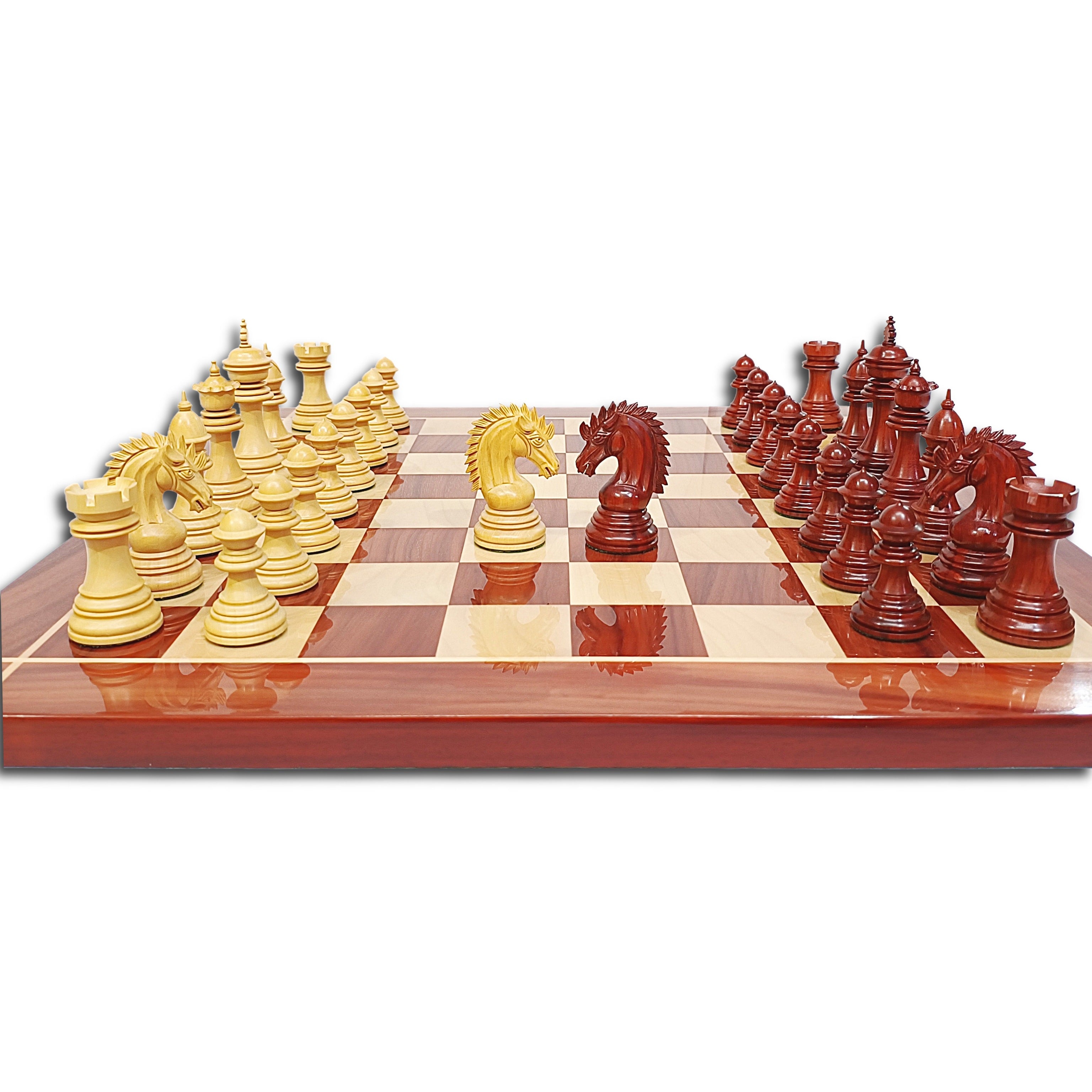





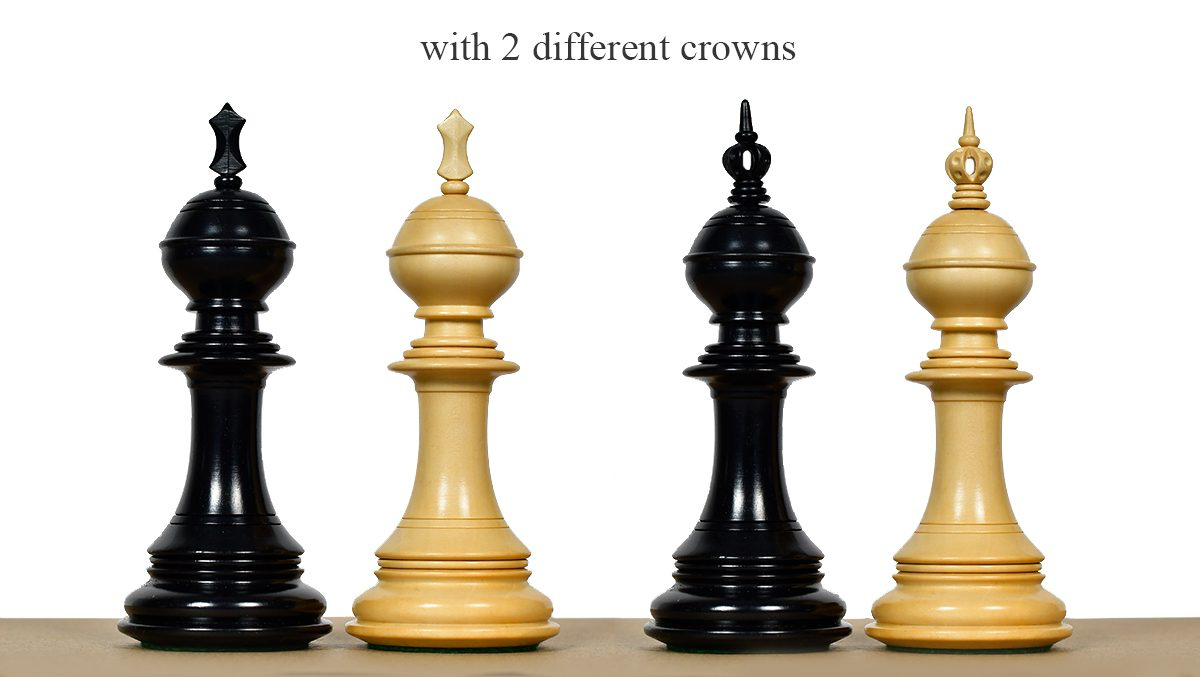
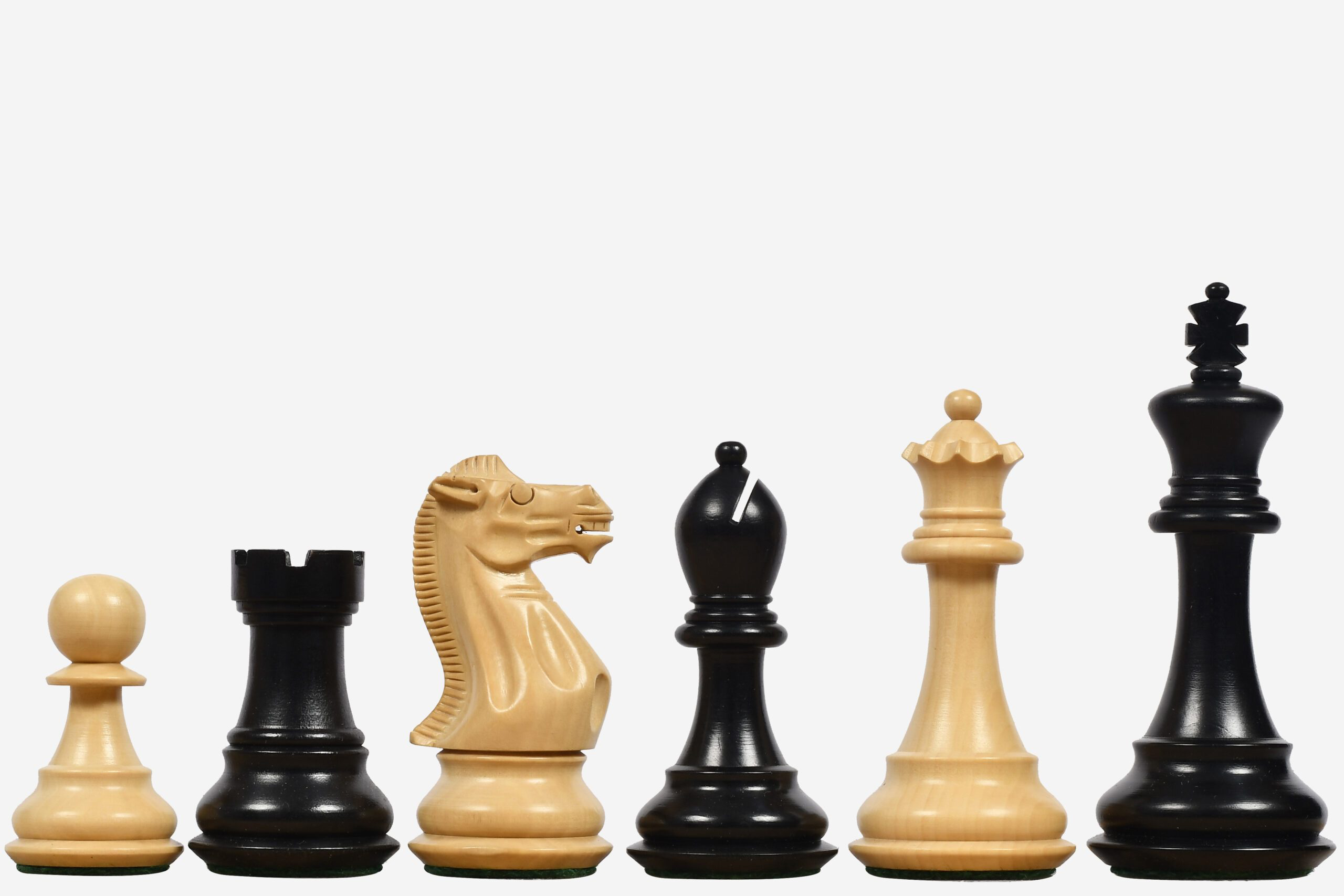
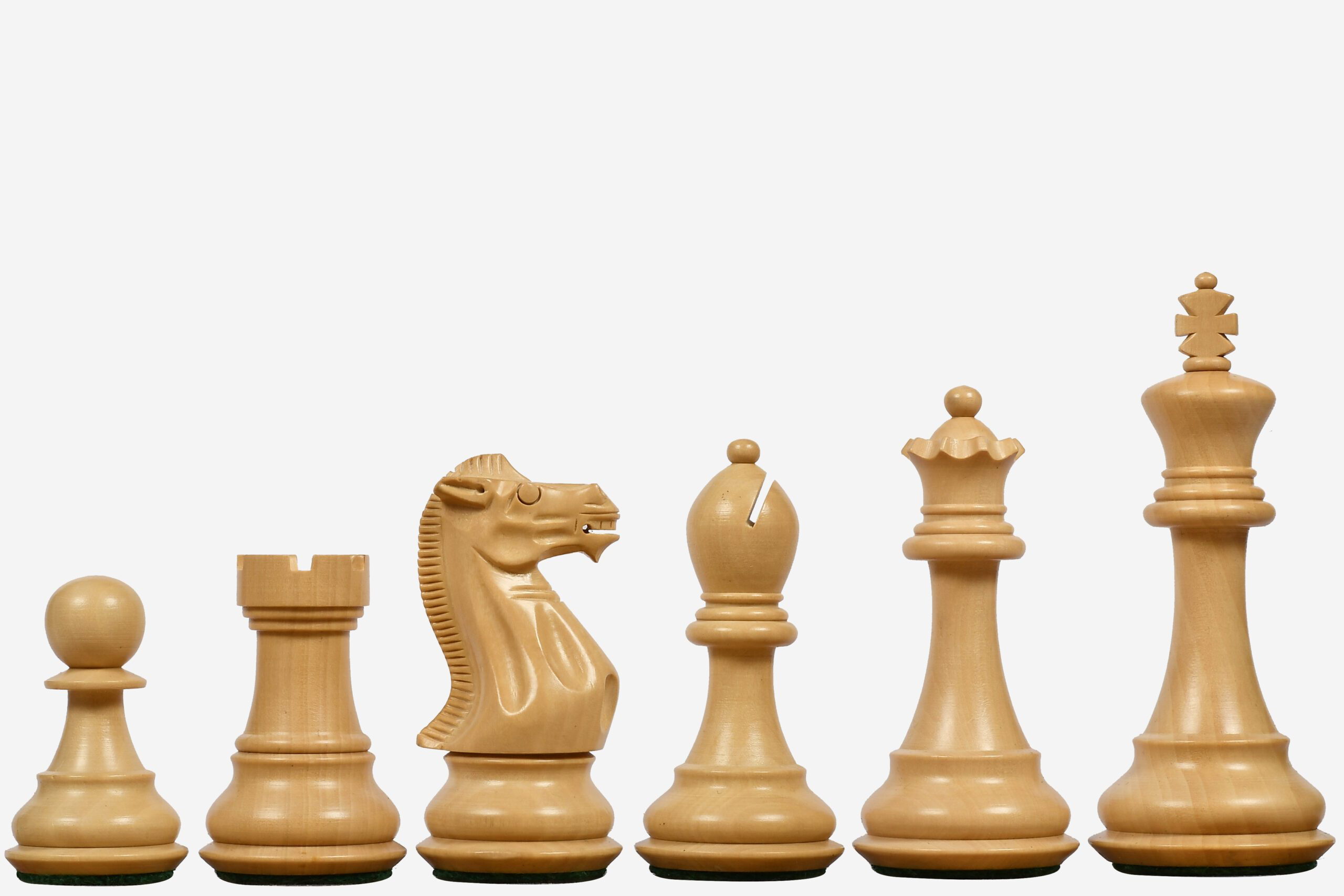



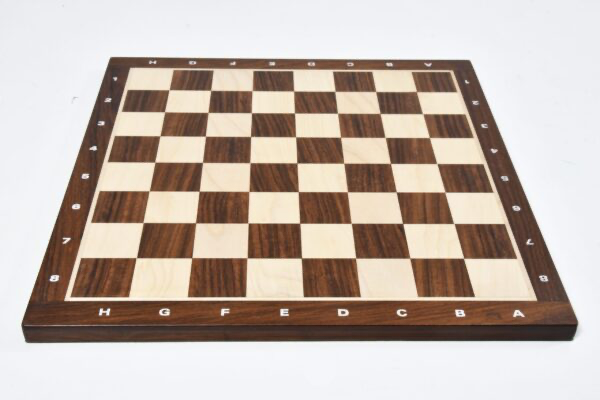


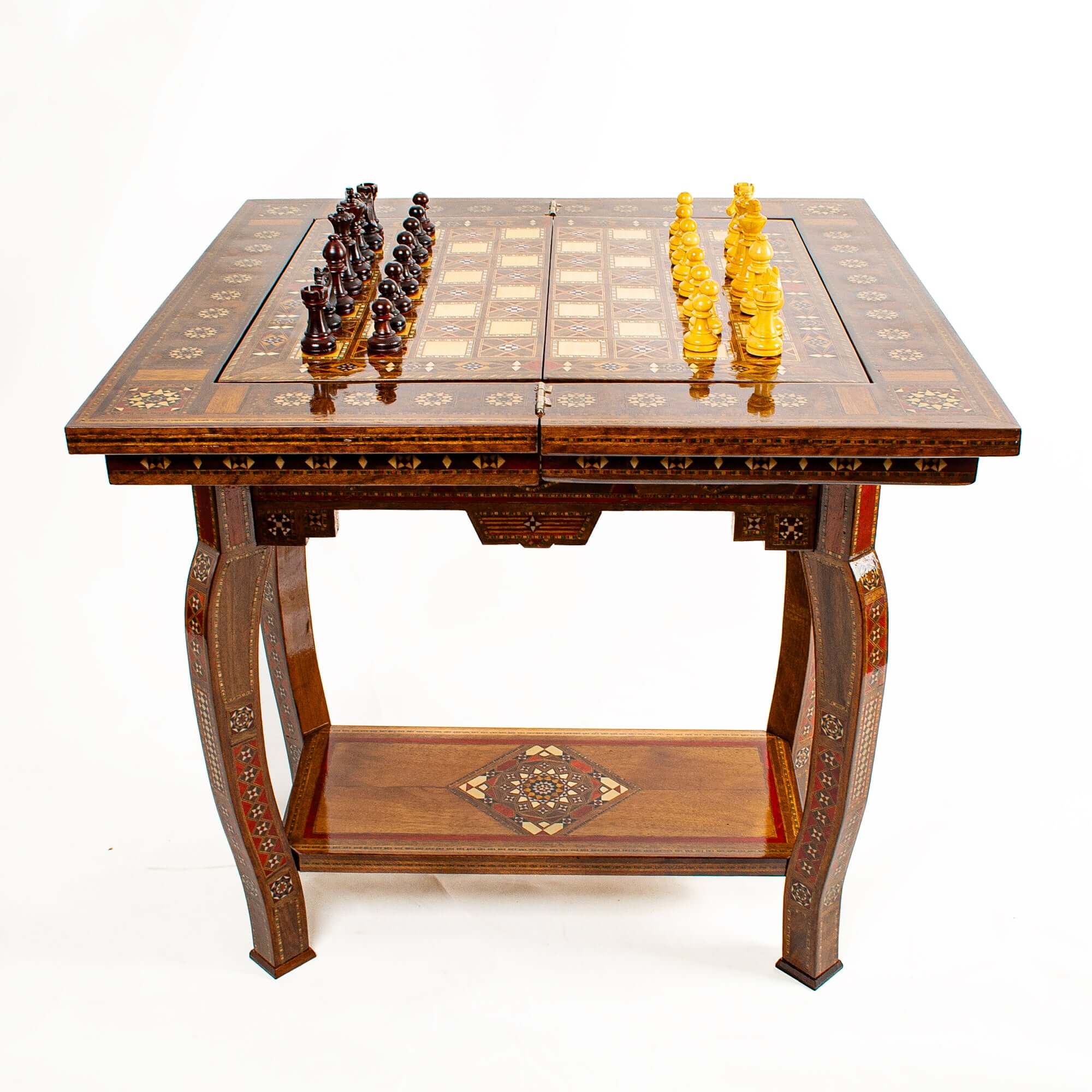

Leave a comment
All comments are moderated before being published.
This site is protected by hCaptcha and the hCaptcha Privacy Policy and Terms of Service apply.